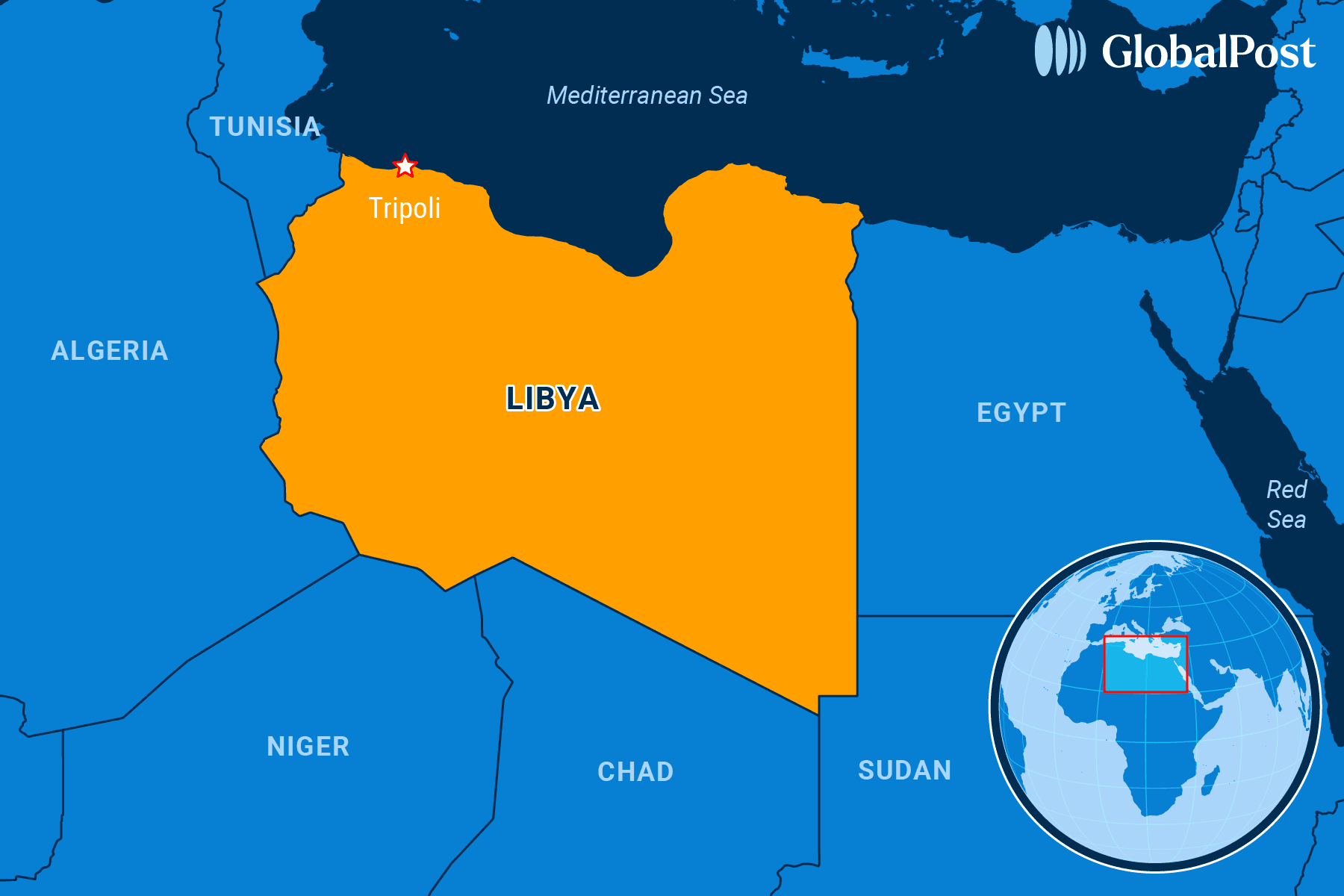The Relocation Blues

Russia is relocating advanced air-defense systems and military equipment from its bases in Syria to eastern Libya, signaling a strategic shift in the wake of Syrian President Bashar Assad’s ousting and reflecting Moscow’s bid to preserve its influence in the Middle East and North Africa amid significant geopolitical upheaval, the Wall Street Journal reported Thursday.
In recent weeks, Russian cargo planes have transported S-300 and S-400 air-defense components, along with troops and logistical equipment, to bases controlled by Libyan warlord Khalifa Haftar, according to US and Libyan officials.
The relocations mark a substantial drawdown of Russia’s long-standing presence in Syria, where its naval base in Tartus and the air base Hmeimim were critical for projecting power across the region and supporting Assad’s regime.
But observers hinted that eastern Libya now appears poised to become Russia’s new regional hub: Last year, Moscow started talks with Haftar for long-term docking rights at the ports of either Benghazi or Tobruk – both of which are located less than 400 miles from Greece and Italy.
One US official told the newspaper that Russia is also considering upgrading facilities in Tobruk to accommodate Russian warships.
This shift comes despite US pressure on Haftar to expel Russian forces, a demand reiterated during recent visits by American officials.
For years, Haftar has relied on Russian support, including Wagner Group mercenaries, to bolster his control of eastern Libya.
The transfer has drawn criticism and concern from various leaders including Libyan Prime Minister Abdul Hamid Dbeibah, whose internationally recognized government is based in Tripoli, and who decried the presence of unauthorized foreign troops, warning against attempts to impose foreign dominance, Bloomberg added.
Italian Defense Minister Guido Crosetto described Russian naval maneuvers in the Mediterranean as “a cause for concern,” given their proximity to NATO member states.
Despite the relocation, Russia is negotiating with Hayat Tahrir al-Sham, the Islamist group now controlling most of Syria, to retain access to its former bases.
Still, analysts warned that relocating operations to Libya – while maintaining some access to Syrian facilities – cannot fully compensate for the logistical and strategic advantages Russia once enjoyed in Syria.

Subscribe today and GlobalPost will be in your inbox the next weekday morning
Join us today and pay only $46 for an annual subscription, or less than $4 a month for our unique insights into crucial developments on the world stage. It’s by far the best investment you can make to expand your knowledge of the world.
And you get a free two-week trial with no obligation to continue.
